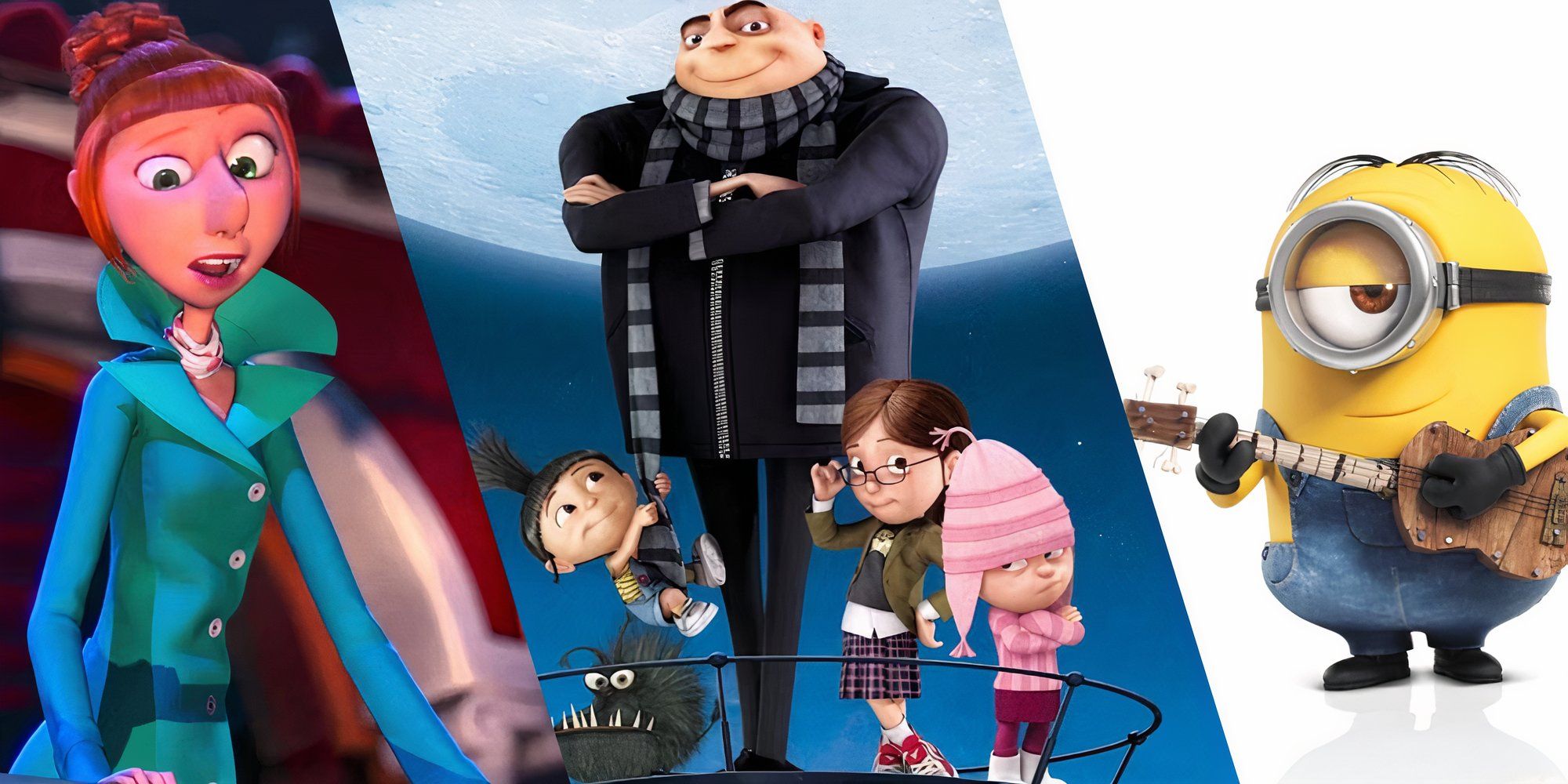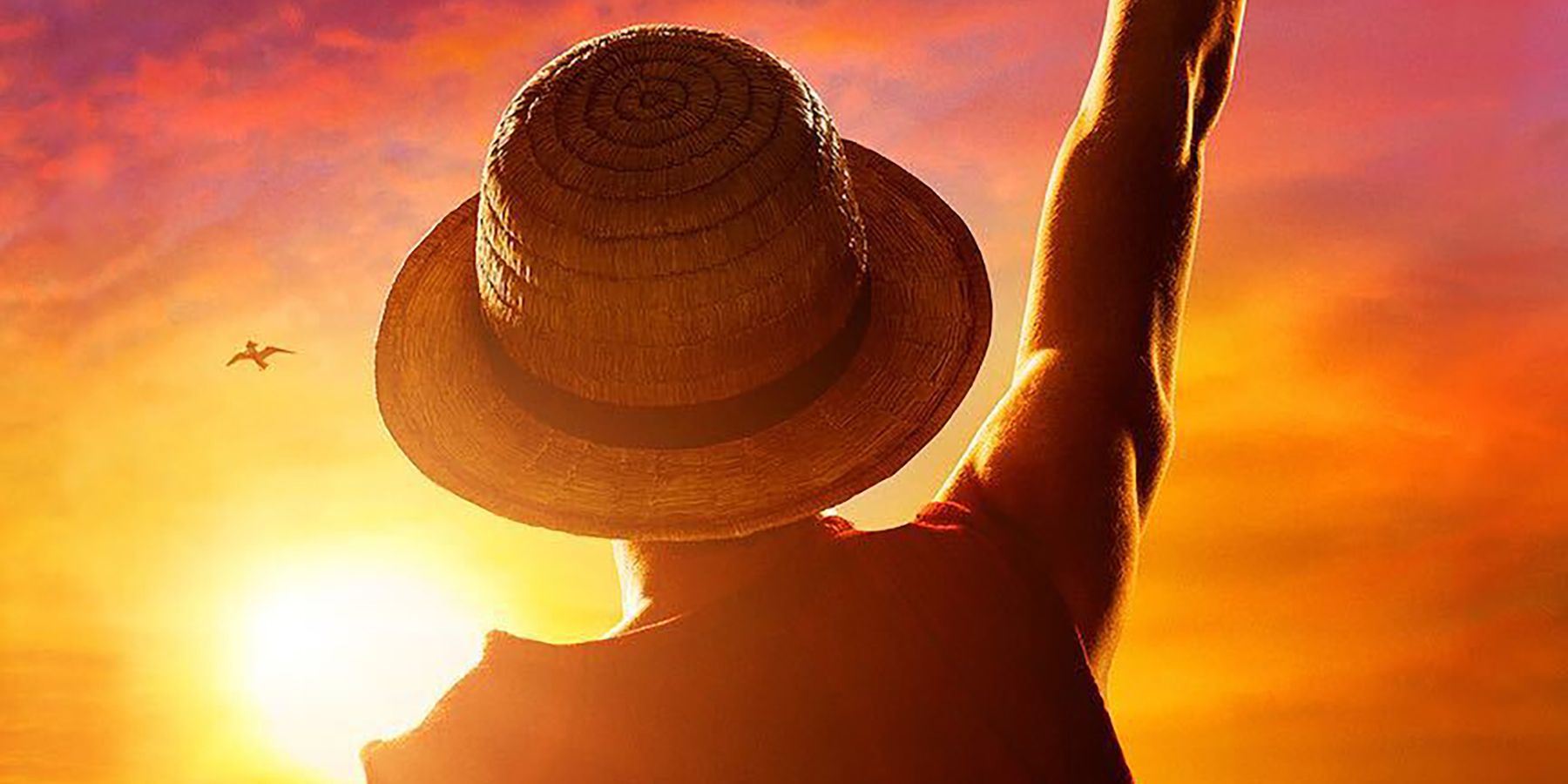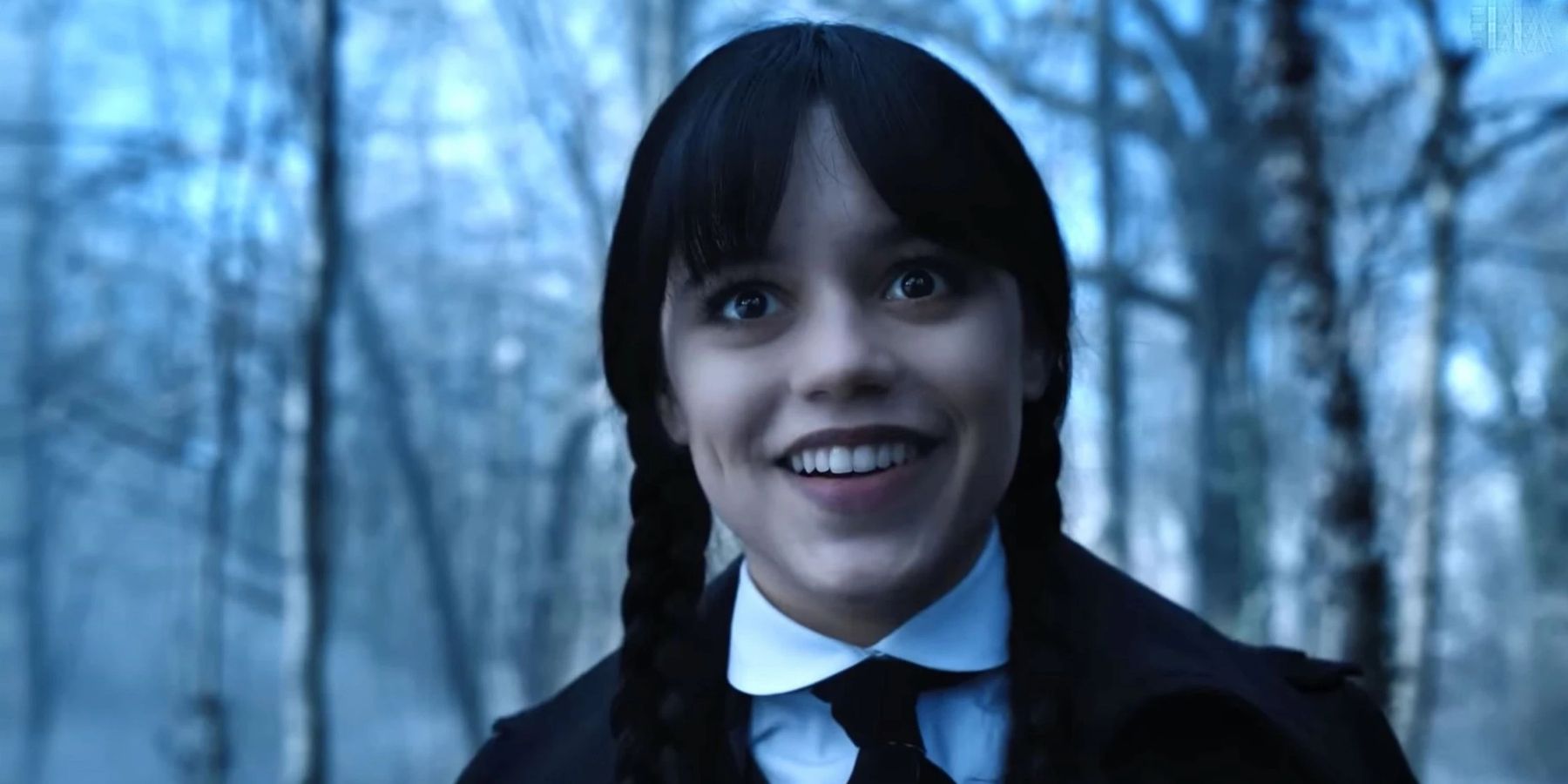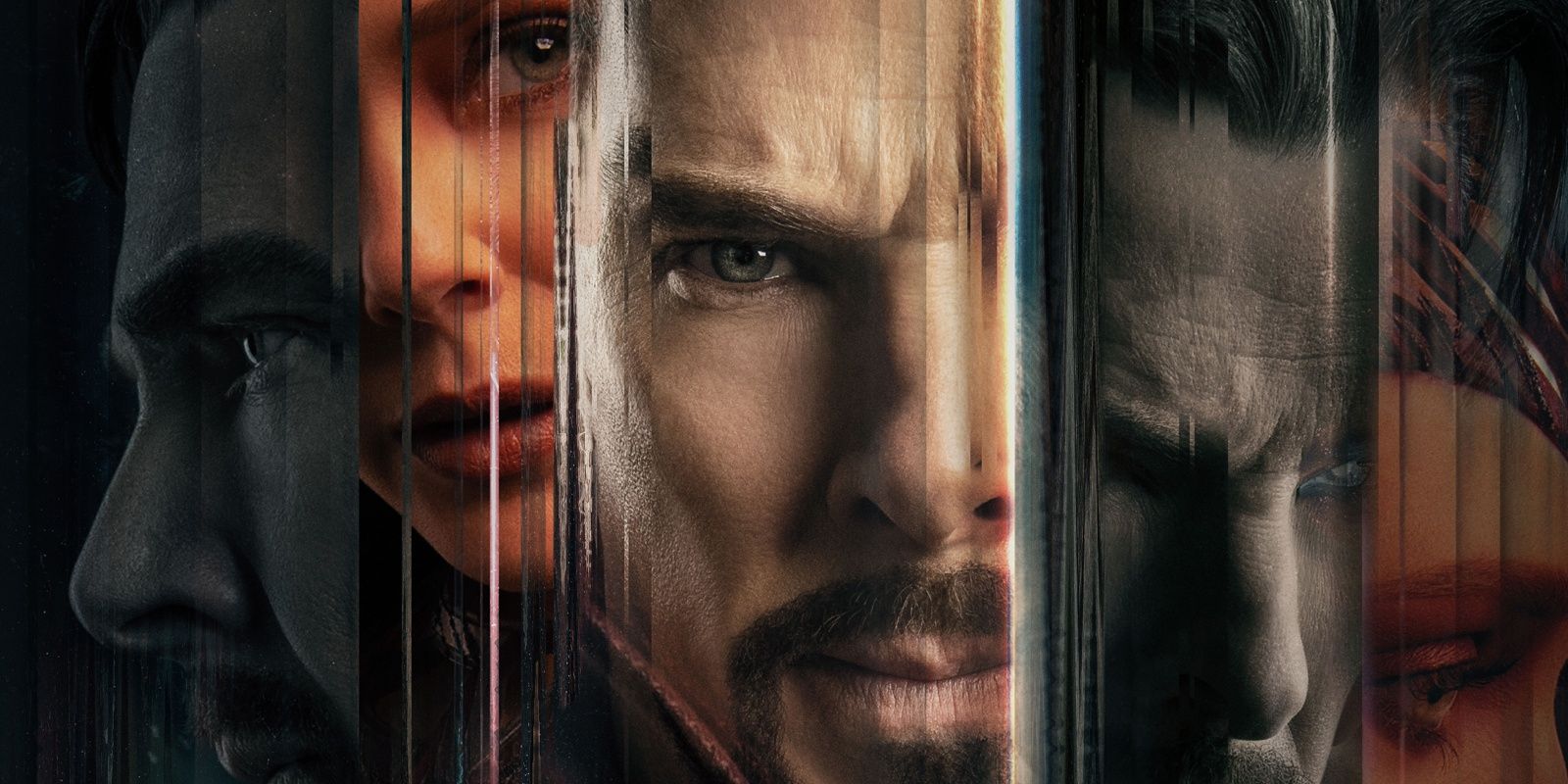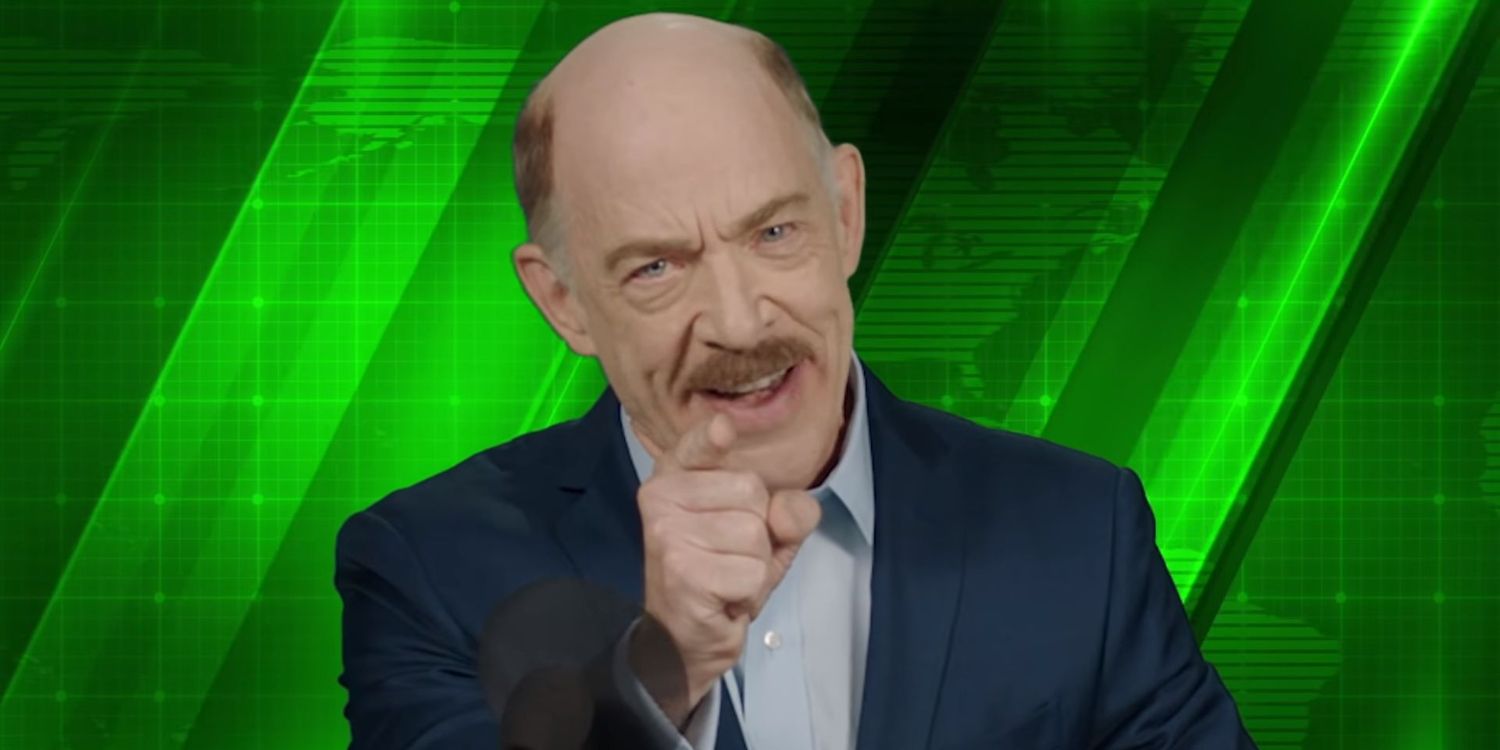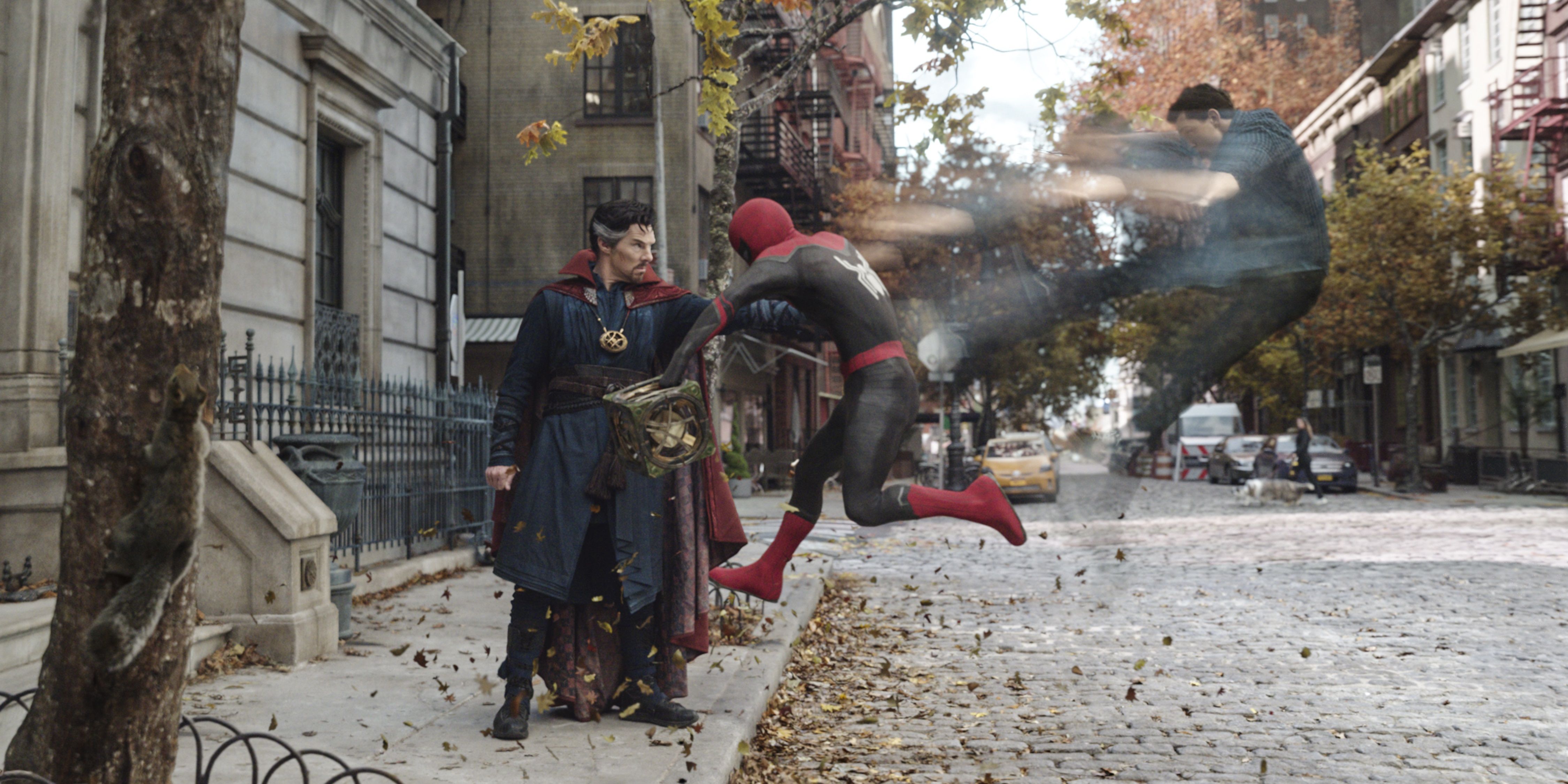The Marvel Cinematic Universe seems like it may never stop growing, consuming, and expanding its incalculable empire. But, as going forward becomes increasingly difficult, the franchise has taken to digging into the past for new ideas and banking entirely on marketable performances it didn't use to own.
Spider-Man: No Way Home marketed itself heavily on the novelty of reincorporating the 2000s and 2010s takes on classic comic-book villains into the modern MCU. After that film's unbelievable success, fan speculation has already begun on behalf of Doctor Strange in the Multiverse of Madness. Everything from new actors in classic roles, to references to actors who didn't get those parts, to the full reincorporation of performances like Hugh Jackman's Wolverine has been floated as possible.
There's a long history of Marvel movies that were released before what we now know as the MCU. That brand only began to form after 2008's Iron Man and its iconic post-credits scene which established The Avengers Initiative. Prior to that film, Marvel lent its name to Sam Raimi's Spider-Man trilogy, Fox's X-Men trilogy, the Blade movies, two Fantastic Four films, two separate Punisher adaptations, and many more. While a ton of the pre-MCU material was trash that deserves to be forgotten, that period also contains some of the best stuff the genre has to offer even today. There's a reason no movie has even tried to recast Wolverine, it's taboo to even discuss the idea. Ditto J. K. Simmons' take on J. Jonah Jameson. As Marvel, and therefore Disney acquires more and more of the entertainment market, the question of what to reabsorb and what to fully remake becomes crucial.
Spider-Man: No Way Home finally pulled the trigger on the most hotly requested version of reincorporating old content into the MCU. The beloved Tobey Maguire and Andrew Garfield takes on Peter Parker joined Tom Holland's current version for a triumphant celebration of the character's history. Sam Raimi's original Spider-Man trilogy still sits among most fans' favorite superhero films, despite its many missteps. It was a no-brainer amongst studio heads to get that franchise back into the larger MCU, especially after Raimi was denied his chance to make a fourth film. This event dominated the discussion of the film before, during, and after its initial release. The film has a ton to enjoy, but no one seems to be interested in discussing anything beyond the boldness of bringing back fan-favorite versions of the cast.
Multiverse of Madness is set to take Doctor Strange and his cohorts on a journey through the eponymous concept which the MCU has been flirting with recently. First touched upon in Loki, the franchise has been adapting the classic comic-book concept of multiple dimensions, each featuring new versions of the canon. The narrative weight of this concept varies from one work to another, but most would admit that it often only exists to allow the creators to play with the established narrative and characters. Often, in the comics, the infinite universes provide countless alternate versions of characters who sometimes come together. Doing this on the big screen changes the stakes because the universes aren't separated by anything other than the studio that owns them. This leaves a quiet dark side present in each version of this magic trick, and while it stole the show the first time, how many times can fans continue to care?
DC is trying out the same trick from time to time, but the context is notably different. DC's upcoming film The Flash has heavily promoted the inclusion of Michael Keaton's iconic take on Batman. This is the first time the actor has picked up that mantle in decades, and it has turned the already hotly anticipated film into an event. But, while Tim Burton's Batman certainly isn't a part of the existing DCEU, there wasn't any substantial behind-the-scenes struggle to get a hold of Keaton. The MCU has to buy studios and continue its consumption of all the media industry to keep absorbing marketable material into the MCU. These added elements make the multiverse cross-over trick more of a time-bomb than other marketing stunts in an interesting way.
.Selling a movie off of Tobey Maguire and Andrew Garfield's Spider-Man is more spectacle than substance, but at least it works in the film. The obvious candidates for being reabsorbed are few and far between, but even those big fan-favorites will overstay their welcome. Bringing Hugh Jackman back after the perfect sendoff in Logan runs the legitimate risk of being distasteful. Treating the superhero cinema of the past as an easy marketing gimmick has to run its course pretty quickly. Without innovation, betting the future on the success of the past is an inevitable losing strategy. Hopefully, Marvel can move past this simple fascination and on to new horizons for the good of the superhero movie genre.

